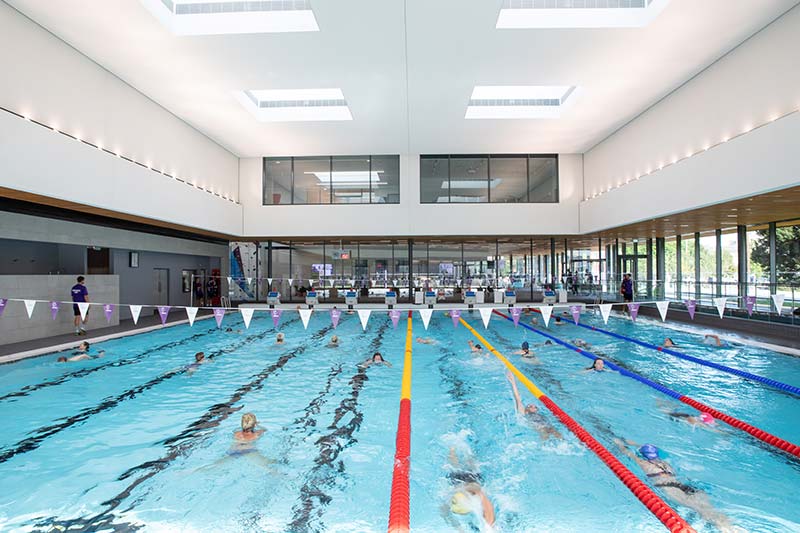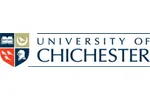Overview
Elevate your career on this Applied Aquatic Biology Master's degree. Learn how to tackle the complex challenges aquatic ecosystems face and foster a deeper understanding of aquatic biology.
Located in the heart of diverse marine ecosystems, you'll engage in independent research projects that will equip you with the skills and knowledge to lead innovative solutions that make a lasting impact on the future of our aquatic ecosystems.
You'll also benefit from time spent in our Institute of Marine Sciences, which is home to a thriving research environment and some of the best facilities in the country – ranking Portsmouth third of all post-1992 universities in the UK for research power.
Once you graduate, you’ll be set to enter careers in conservation, consultancy, fisheries and further study.
Course highlights
- Undertake independent research at the Institute of Marine Sciences
- Learn how to rear coldwater species for restocking programmes, or trial fish food at the Sparsholt College Fishery and Aquatics facilities
- Learn various advanced field and laboratory techniques to assess and monitor aquatic communities and the functioning of aquatic ecosystems
- Gain subject matter expertise in marine conservation and policy, fisheries management and ecotoxicology and pollution
- Learn how to communicate your work to experts and the general public
- Learn from leading international researchers and industry leaders, including environmental consultancies and government bodies
Careers and opportunitiesCareers this Master’s prepares you for
Most of our successful applied aquatic biology Master's graduates go on to work in environmental consulting, fisheries and marine conservation.
This course has a strong management aspect. Specific modules such as Fisheries Biology and Management are designed to develop the leadership and governance abilities you'll need for a successful career in living resource management and consultancy.
Graduates of this course have gone onto areas such as:
- aquatic living resources management
- marine NGOs
- private sector consultancy
- government-based research
- conservation
- teaching
- further study or academic research
- scientific journalism
Graduates of this course have gone onto roles such as:
- Marine scientist
- Waste minimisation officer
- Fish house specialist
- Insurance broker
- Laboratory technician
- Maritime and hydrocarbon sales manager
- Environmental monitoring technician
- Reef conservation volunteer
Graduates of this course have gone on to work for companies such as:
- Scottish Sea Farms
- Benthic Solutions Ltd
- North Somerset Council
Career outcomes shown are sourced from the latest available graduate outcome surveys. The data shows career outcomes at 15 months after graduation.












